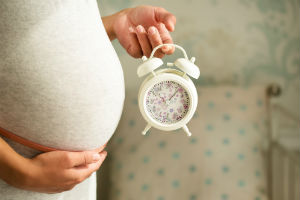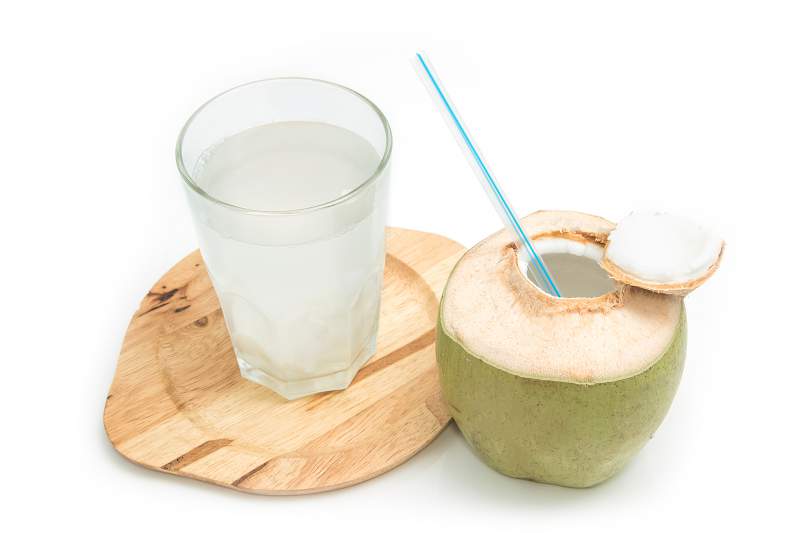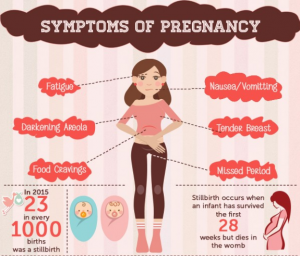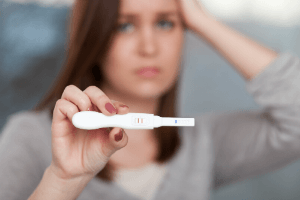Is Eating Fish During Pregnancy Healthy?
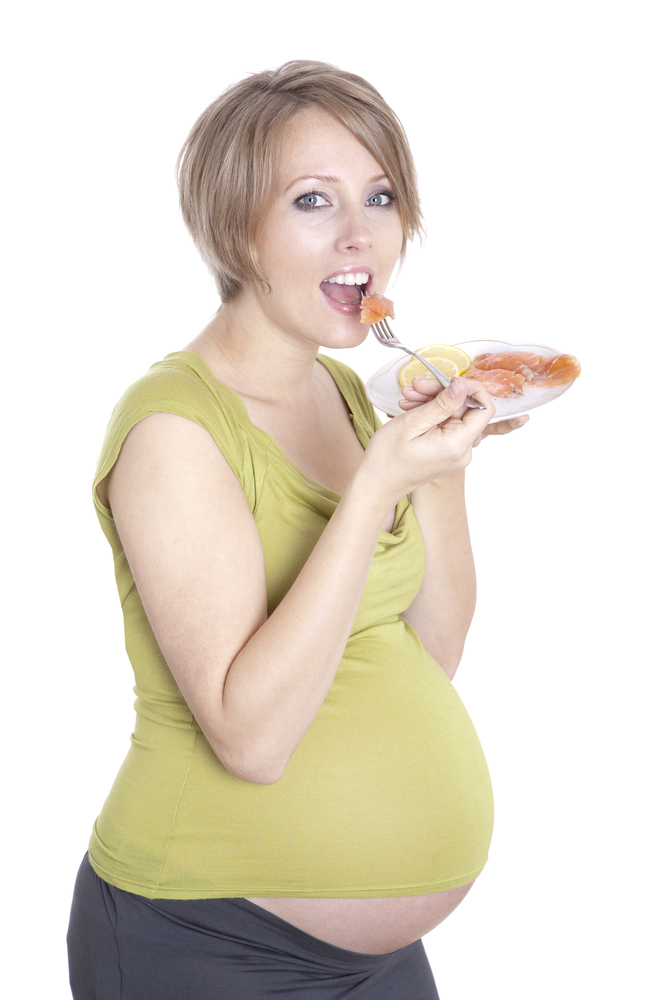 As a fundamental building block of the body, protein plays a significant role in the creation of life. A pregnant woman should not hesitate in accommodating proteins in her meals in any form. Fishes are rich source of protein and contain essential polyunsaturated omega three fatty acids which promote the foetal brain development. Various studies have revealed that eating fish during pregnancy can benefit the offspring with higher intelligence quotient (IQ) levels.
As a fundamental building block of the body, protein plays a significant role in the creation of life. A pregnant woman should not hesitate in accommodating proteins in her meals in any form. Fishes are rich source of protein and contain essential polyunsaturated omega three fatty acids which promote the foetal brain development. Various studies have revealed that eating fish during pregnancy can benefit the offspring with higher intelligence quotient (IQ) levels.
Everyone agrees on the fact that fish is good for health, but what kind and in what quantity and whether it is safe for pregnant women is in a constant state of flux. What to eat during pregnancy is little controversial when it comes to fish.
Why eating fish during pregnancy is controversial
When it comes to choosing fish, it is important to understand the mercury content in the fish, as it is crucial with regards to the pregnancy. Mercury is a heavy metal that accumulates in the cells of predators that are high on the food chain. It means that fish like sharks containing high level of mercury is not good for health when one is pregnant as it is dangerous for the baby’s brain.
How likely is this to happen? The chances are slim unless one make a point of regular eating fish during pregnancy in high quantity that contains pollutants or high levels of mercury. On the other hand, fish containing omega -3s helps in the high development of the brain as well as vision of the baby.
Fishes also contain toxins and pollutants called PCB’S which can be the cause of long-term health problems. There are certain types of fishes that experts suggested to avoid eating .Some of them are swordfish, shark, and marlin because they contain high content of mercury. Four other types of overfished and contaminated species to banish from your plate are – Atlantic salmon, Chilean sea bass, Orange roughy, King mackerel etc.
How to measure the mercury content
Carried by a team of researchers, the study looked at the effect of the brain and nervous system on the behaviour of a baby, referred to as neurobehaviour of 3445-week old infants.
Neurobehavioral is the study that is measured by using a standard neurobehavioral scale, where the mercury exposure is measured using blood samples from the mother and umbilical cord blood samples from the child.
Benefits of eating fish during pregnancy
Studies have suggested that pregnant women should continue to eat fish during pregnancy. The health benefits of fish and pregnancy have been well established. Several types of research have clearly shown that women and their new-borns benefit significantly from eating additional seafoods
(fishes) during pregnancy as they are the sources of protein and omega-3 fats. Protein is a fundamental macronutrient that is useful in many bodily functions
According to a recent research, mothers who consumed three to four servings of fish every week during pregnancy are more likely to have smarter children with higher IQ scores as compared to the women who ate fish in less quantity.
Eating fish during pregnancy helps the mother in gaining Omega 3 fatty acids which play a major role in proper brain functioning. This crucial nutrient is not synthesized within the body, therefore, must be obtained through what we eat. During pregnancy, not only mothers have to consume enough to keep herself healthy, but she also has enough in her system to allow for proper foetal development.
Omega acids have majorly four distinct benefits
- Provides critical support needed for the complete neurological development of the foetus,
- Supports foetal brain development and eyesight,
- Helps the cardiovascular and respiratory systems to develop correctly, meaning a healthier heart and lungs,
- Studies have shown an increase in the cognitive functioning of children born to mothers who took supplements of this nutrient during pregnancy- this effect is measurable up until the age of four years old.
- The attention span of the Child increase measurably, who have got all the proper nutrients and proteins
Therefore it is suggested that, women during pregnancy should look for clean and green seafood that is high in omega 3s, low in mercury and PCBs and sustainably caught. Below are some of the types of fish that are advised to be taken during pregnancy:
- Wild caught pacific sardines,
- Wild-caught Alaska salmon,
- Farmed oysters,
- Farmed Mussels,
- Farmed rainbow trout,
- Farmed arctic char etc.
A surprising observation is that certain fish including Tuna or Tilefish are associated with some of the biggest developmental advantages. Generally, health experts have recommend against the consumption of Tuna or Tilefish because of the mercury content in them. But experts have found that high levels of a compound called Docosahexaenoic Acid (DHA) –essential for the growth and functional development of the brain in infants, and may outweigh any negative effect of mercury.
Some of the poor outcomes associated with insufficient intake of omega- 3 fatty acids during pregnancy include-
- Intrauterine growth retardation,
- Delayed or sub-optimum depth perception,
- Adverse neurodevelopmental measures,
- Residual deficits in fine motor skills,
- Speed of information processing in infants,
- Irreversible deficits in serotonin and dopamine release etc.
Consumption of fish during pregnancy also helps in preventing heart disease, reduces the risk of developing Alzheimer’s, improves the condition of the skin and hair, and provides a good amount of vitamin D. Furthermore, studies have suggested that, consuming fish in pregnancy can make a man’s sperm, healthier, when consumed along with other healthy foods such as fruits, vegetables and whole grains.
Eating fish during pregnancy is important for health .But Excess of anything is not good. Therefore, pregnant women are advised to take fish in moderate quantity for an all-around development of her baby.






